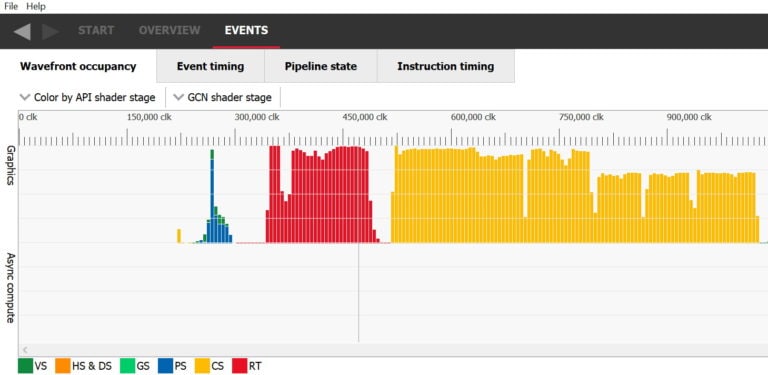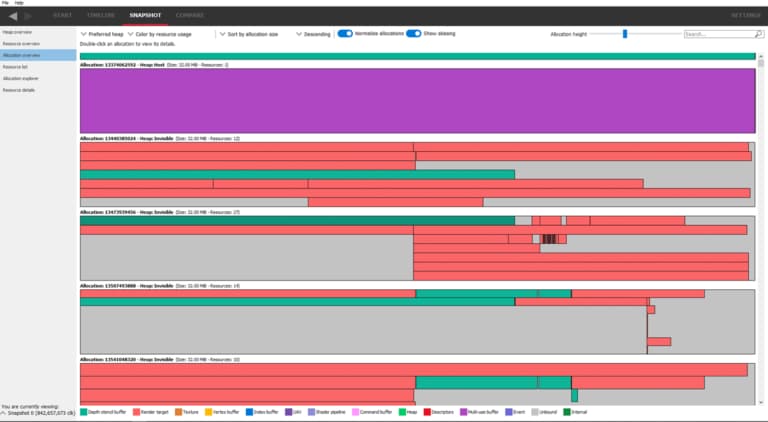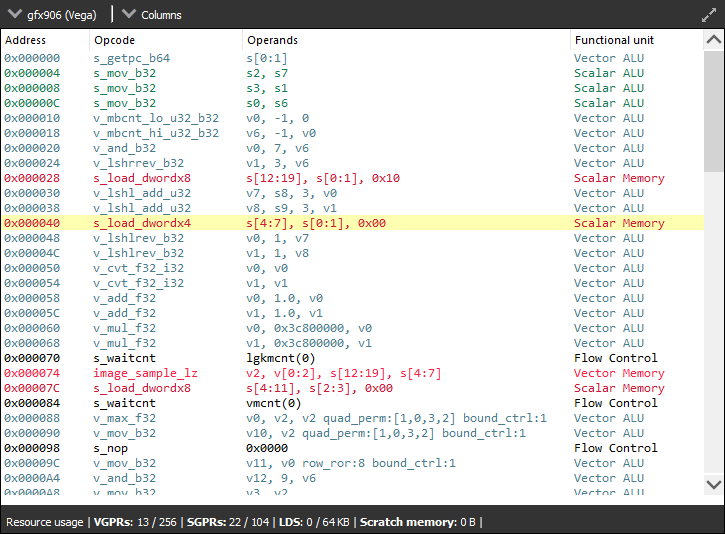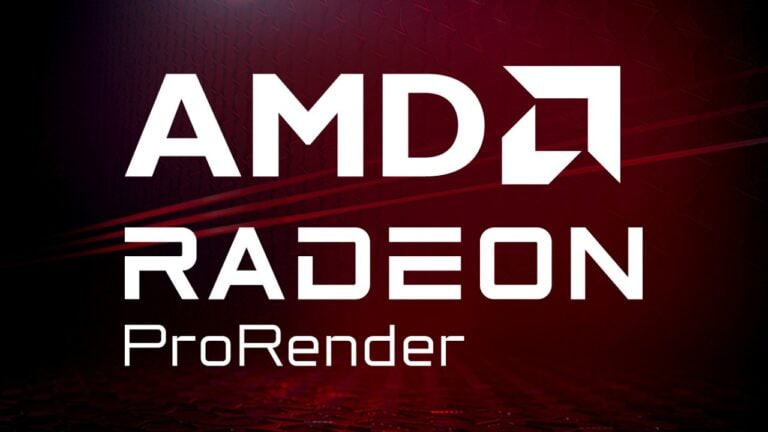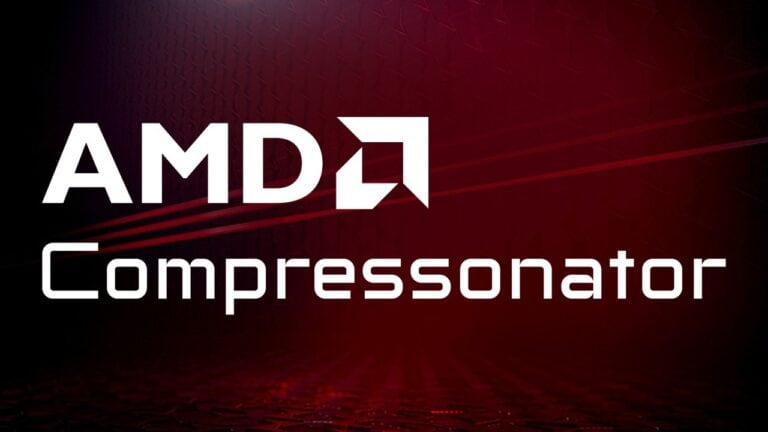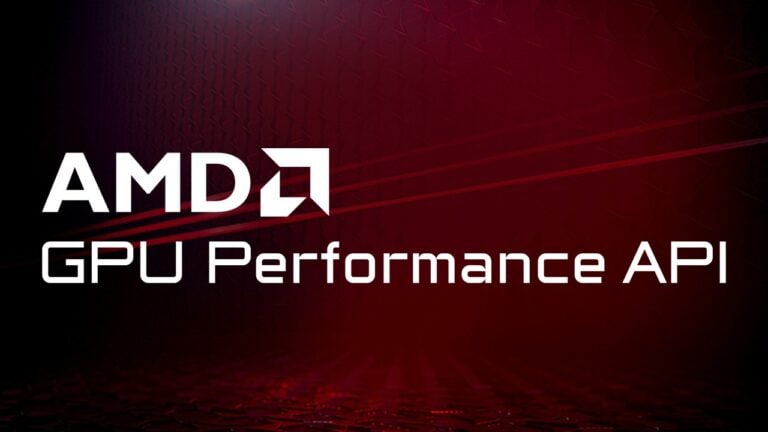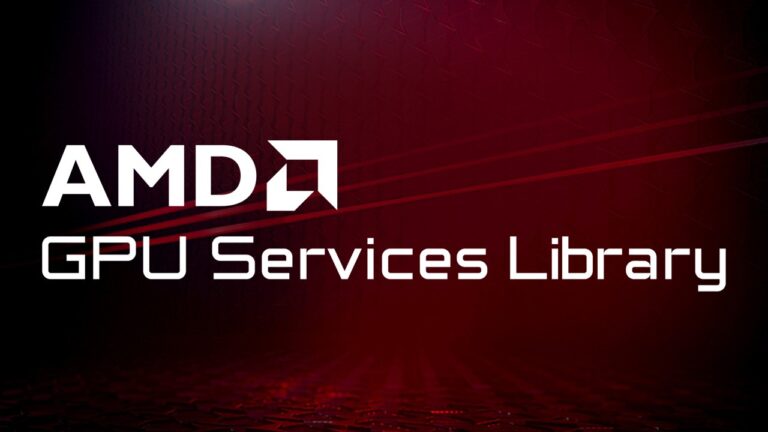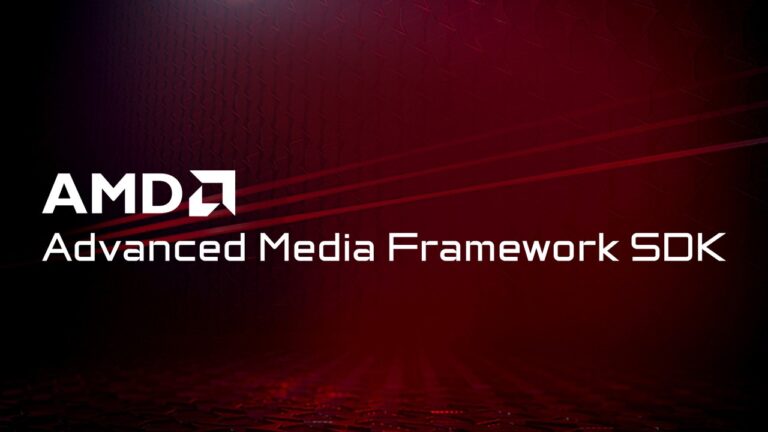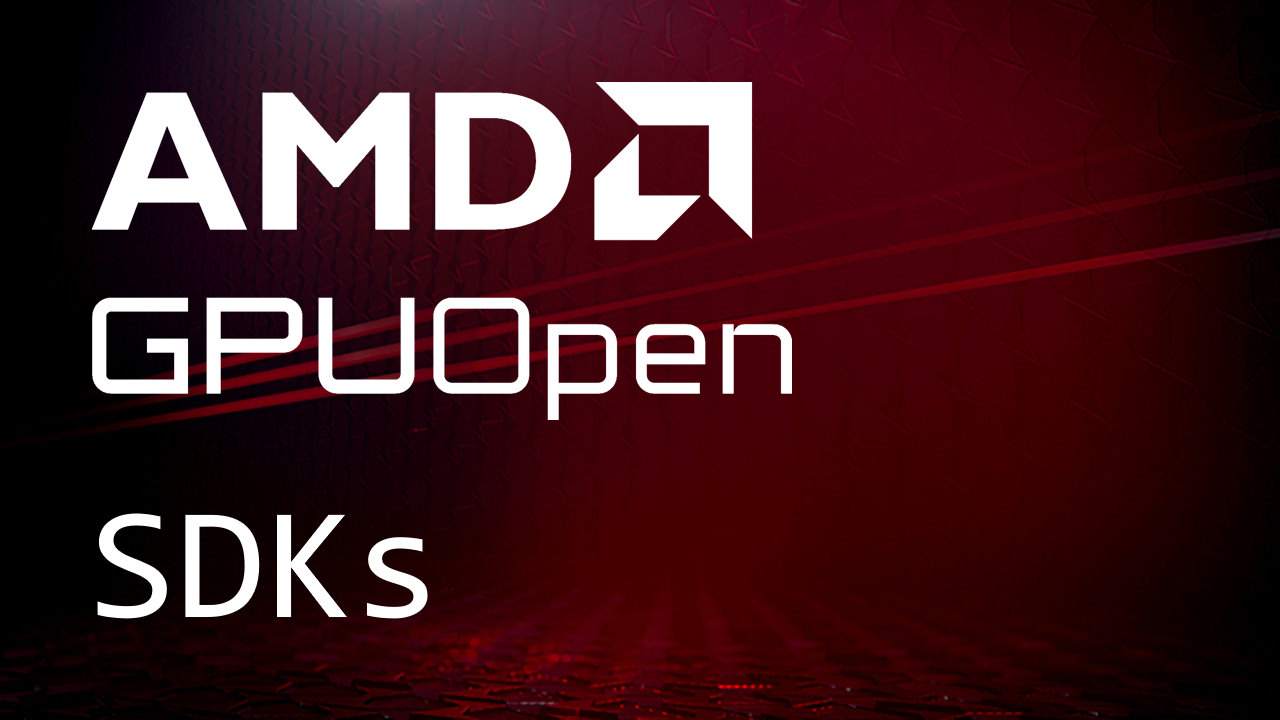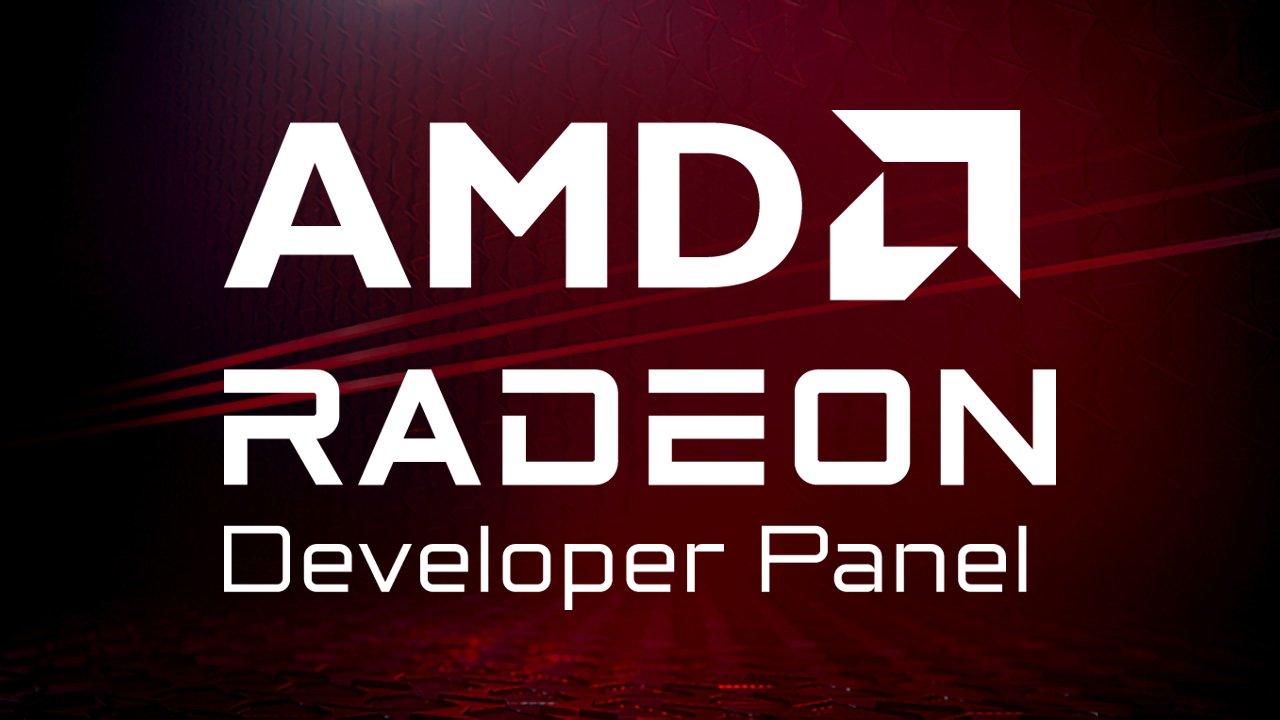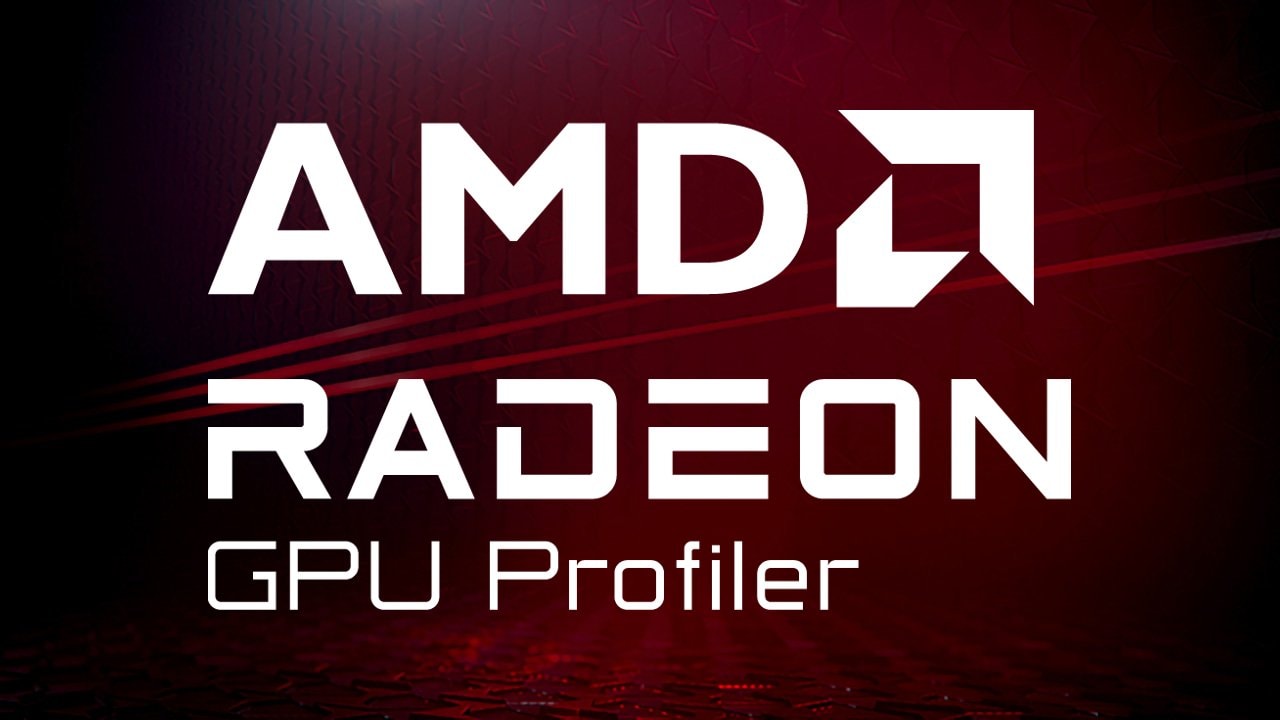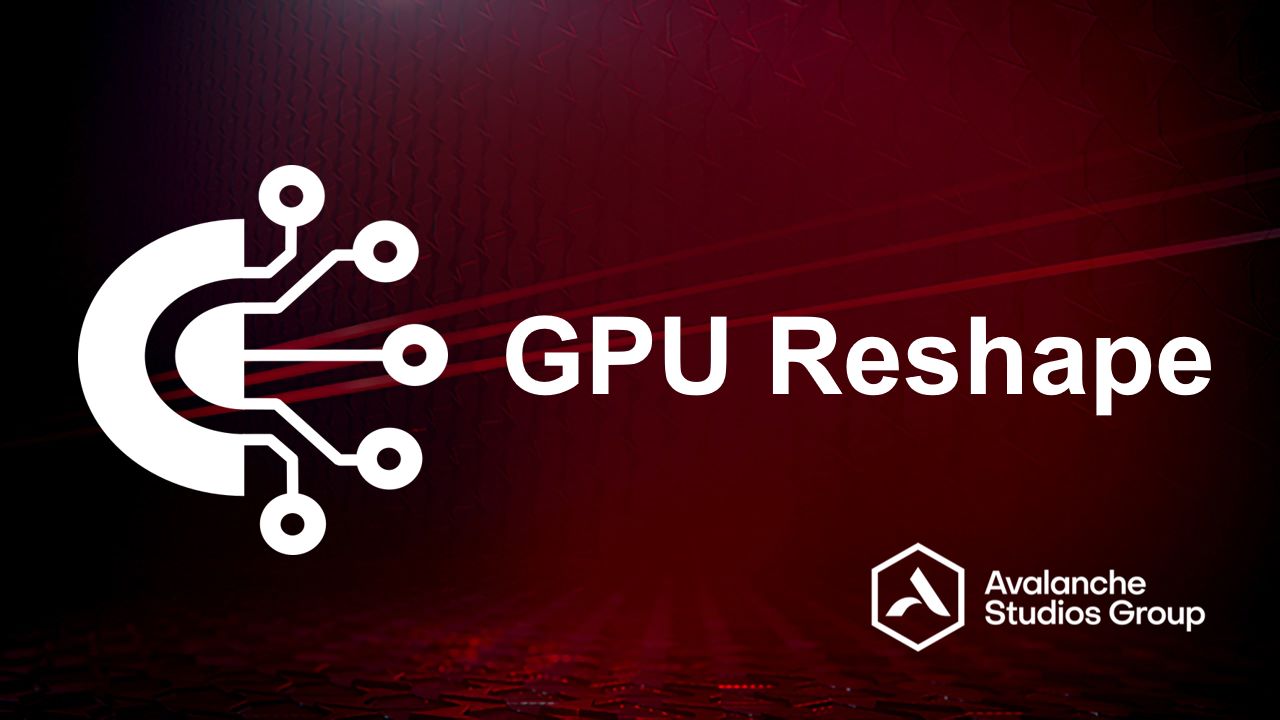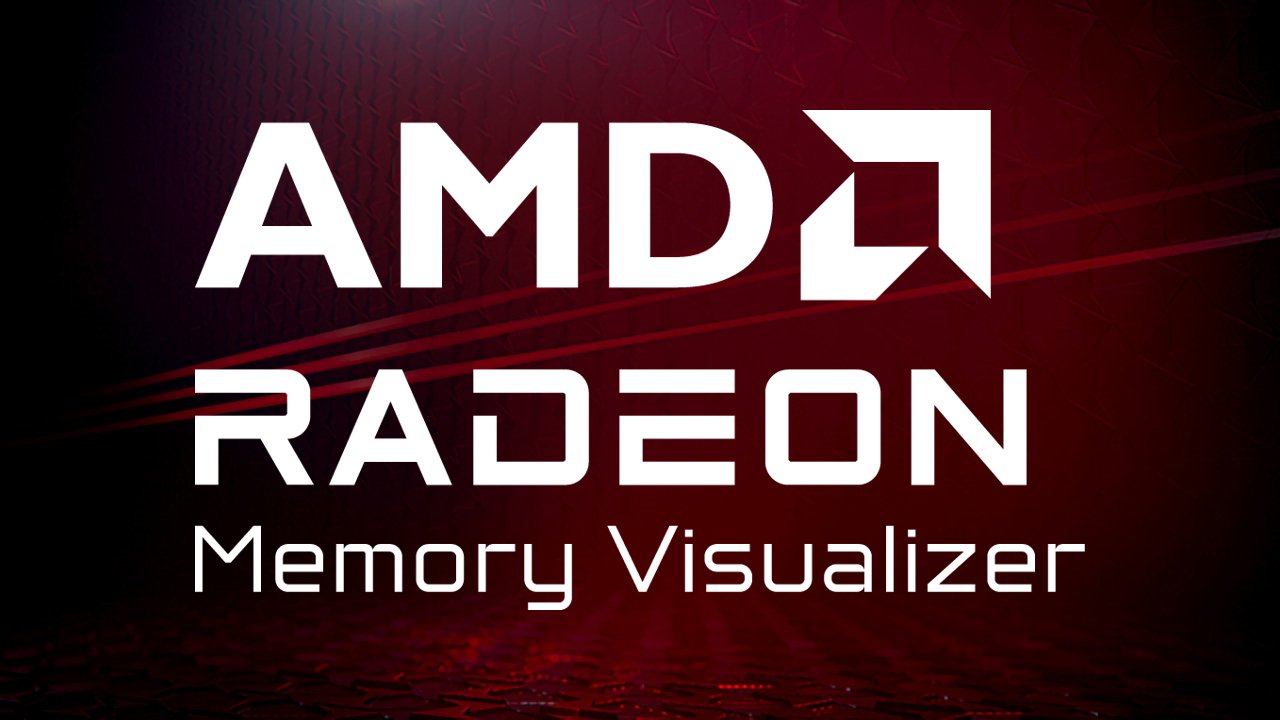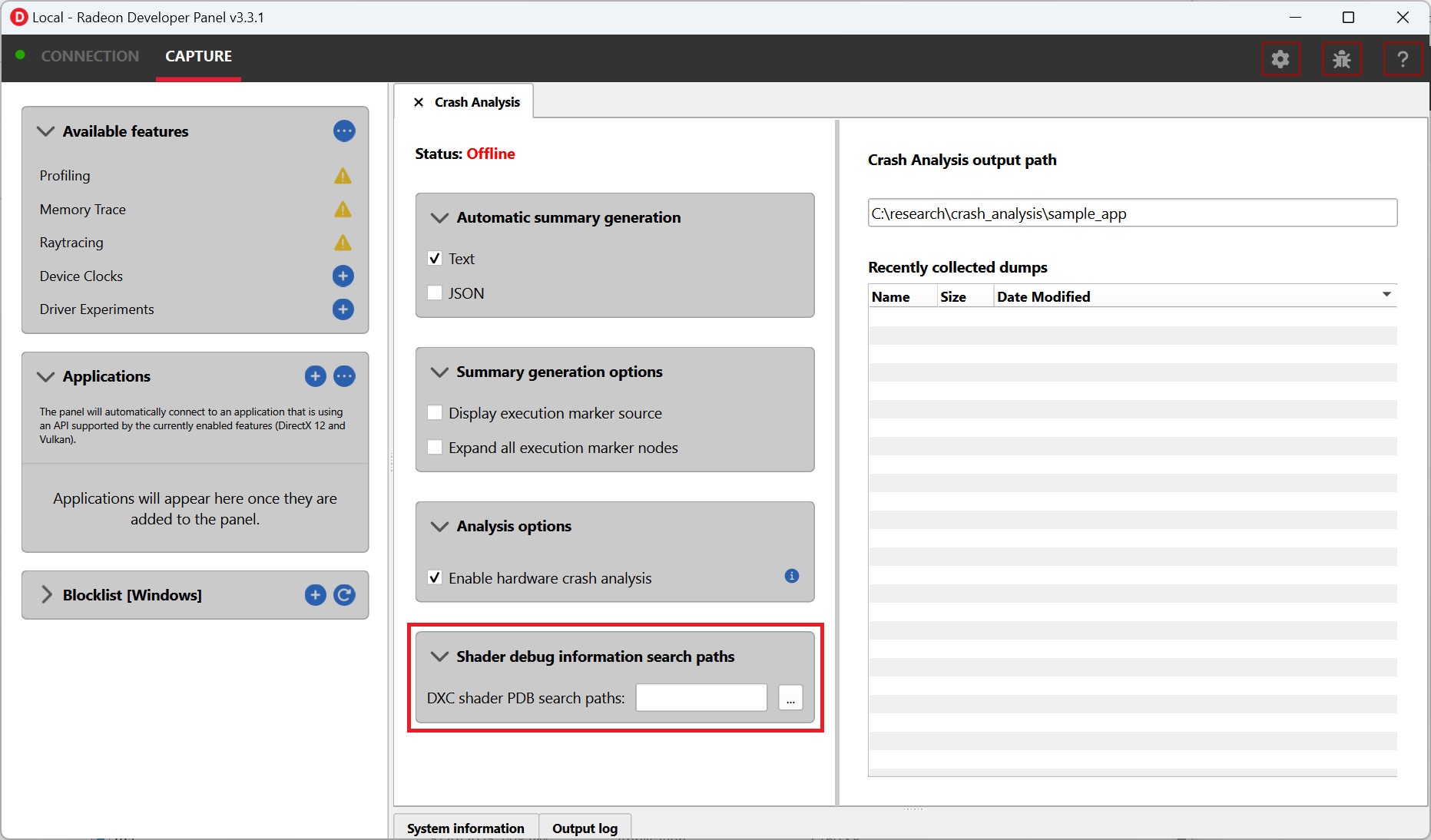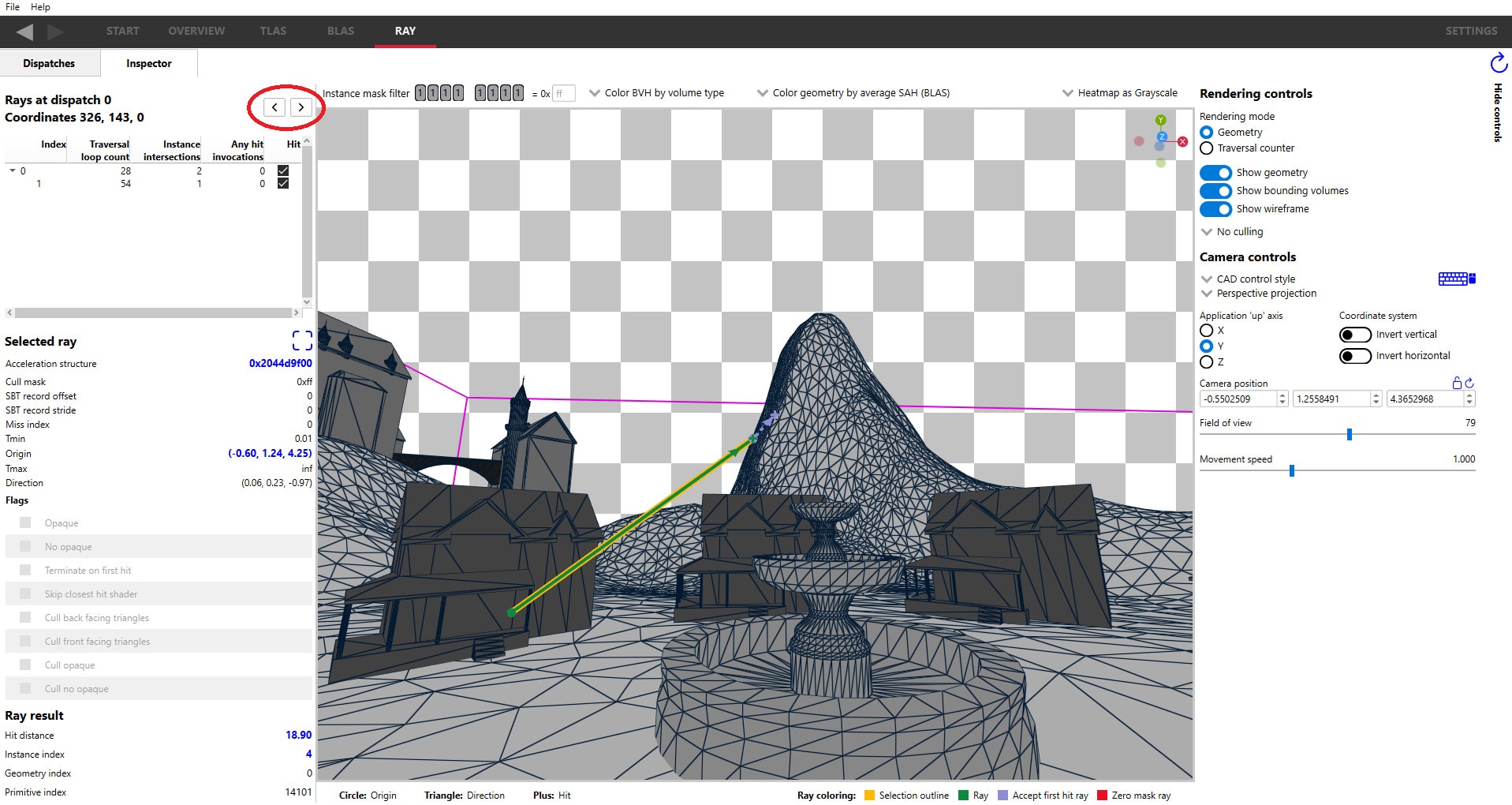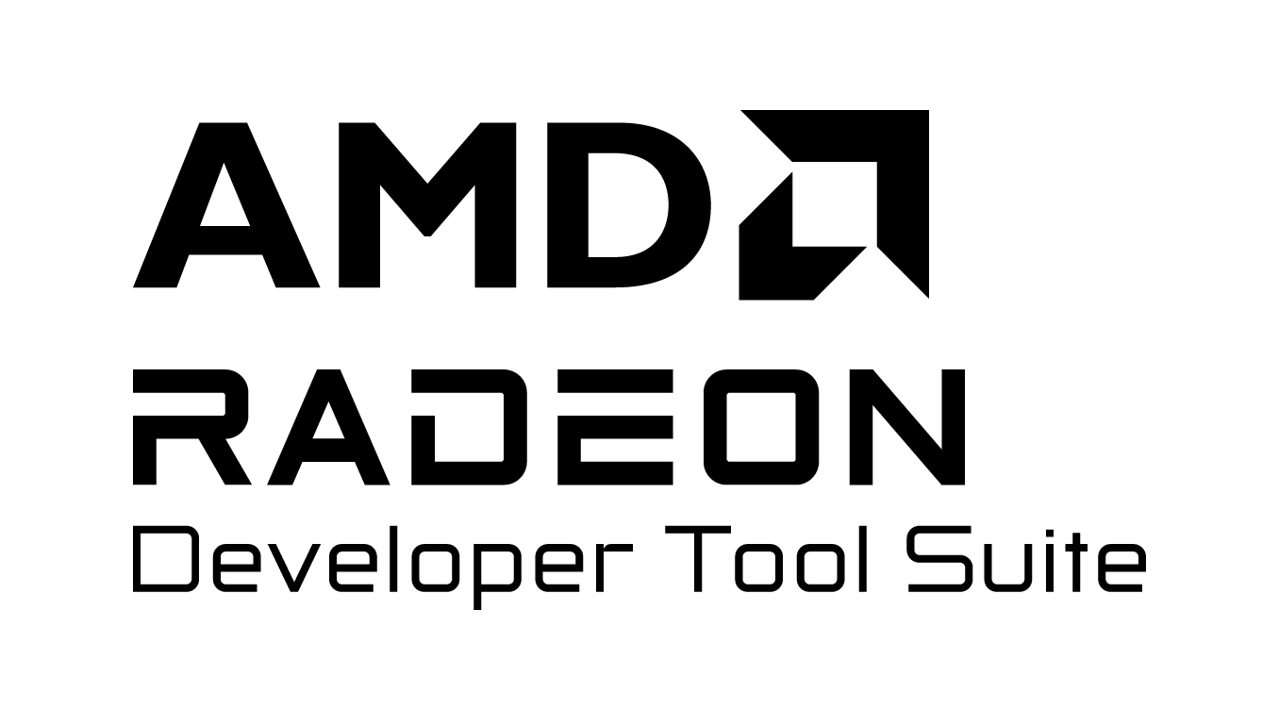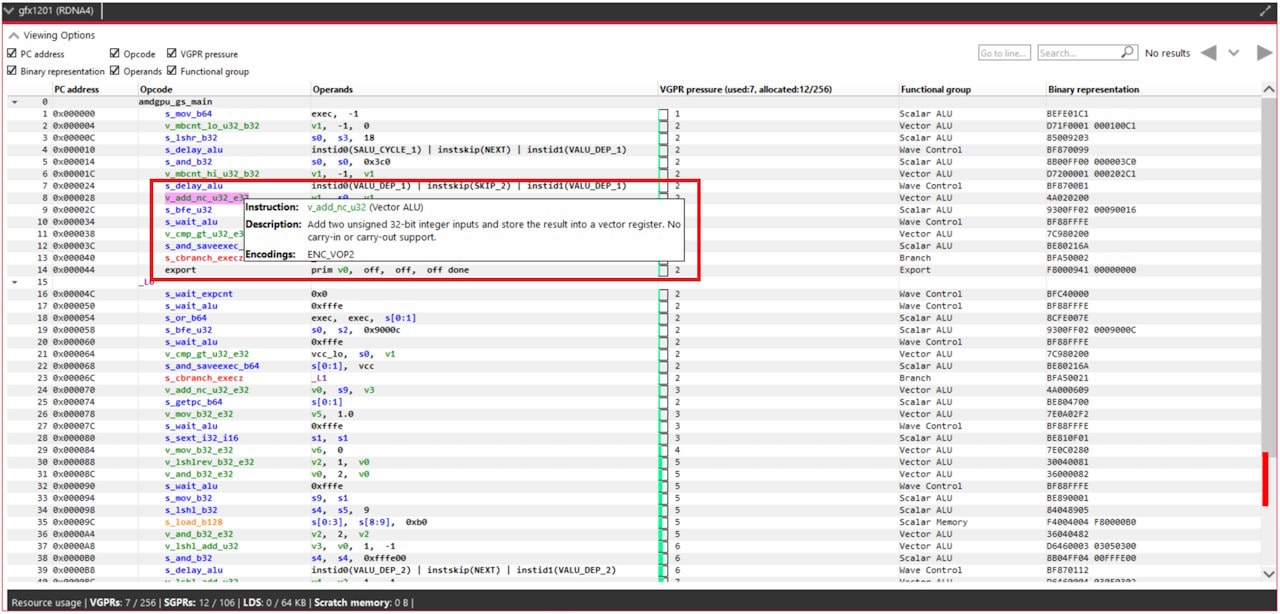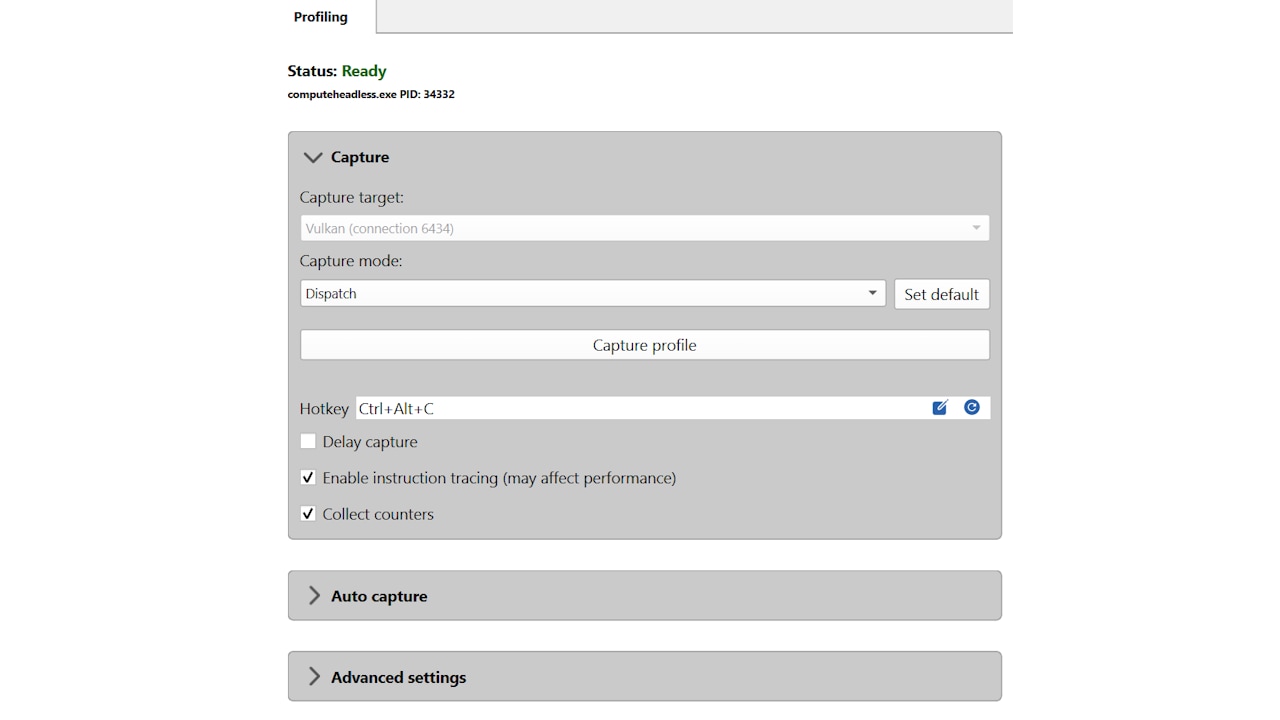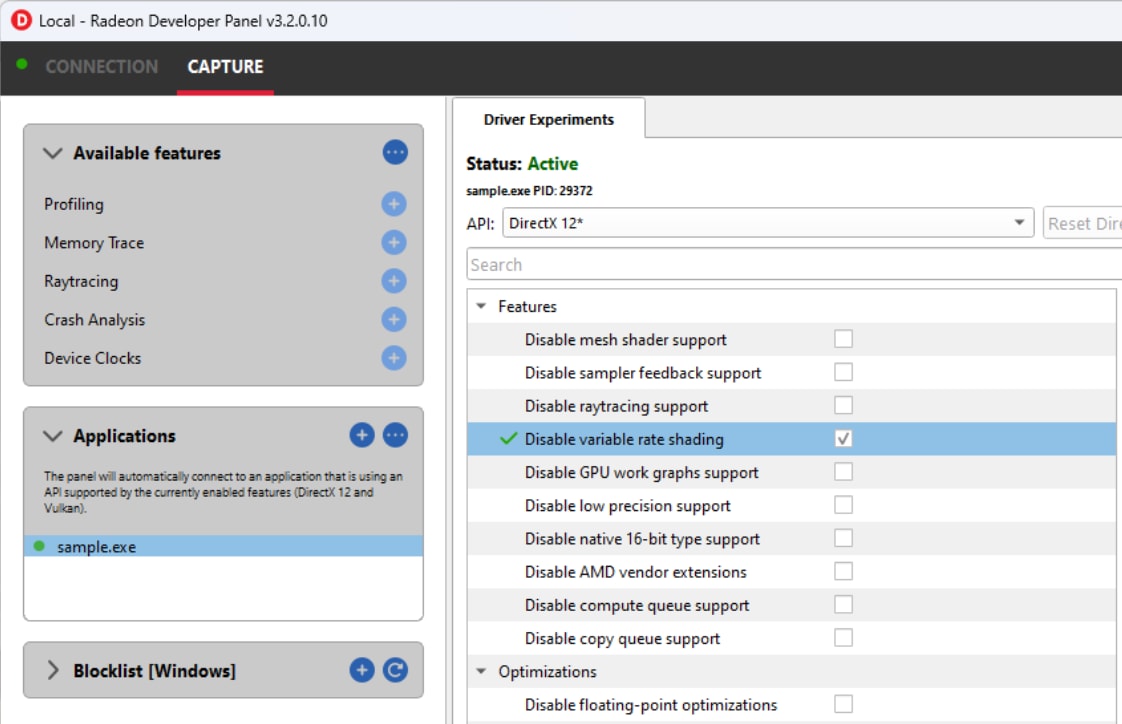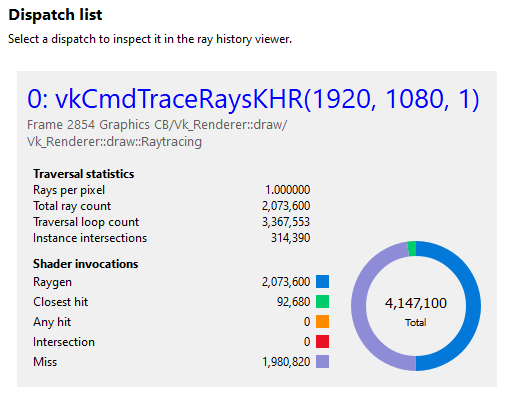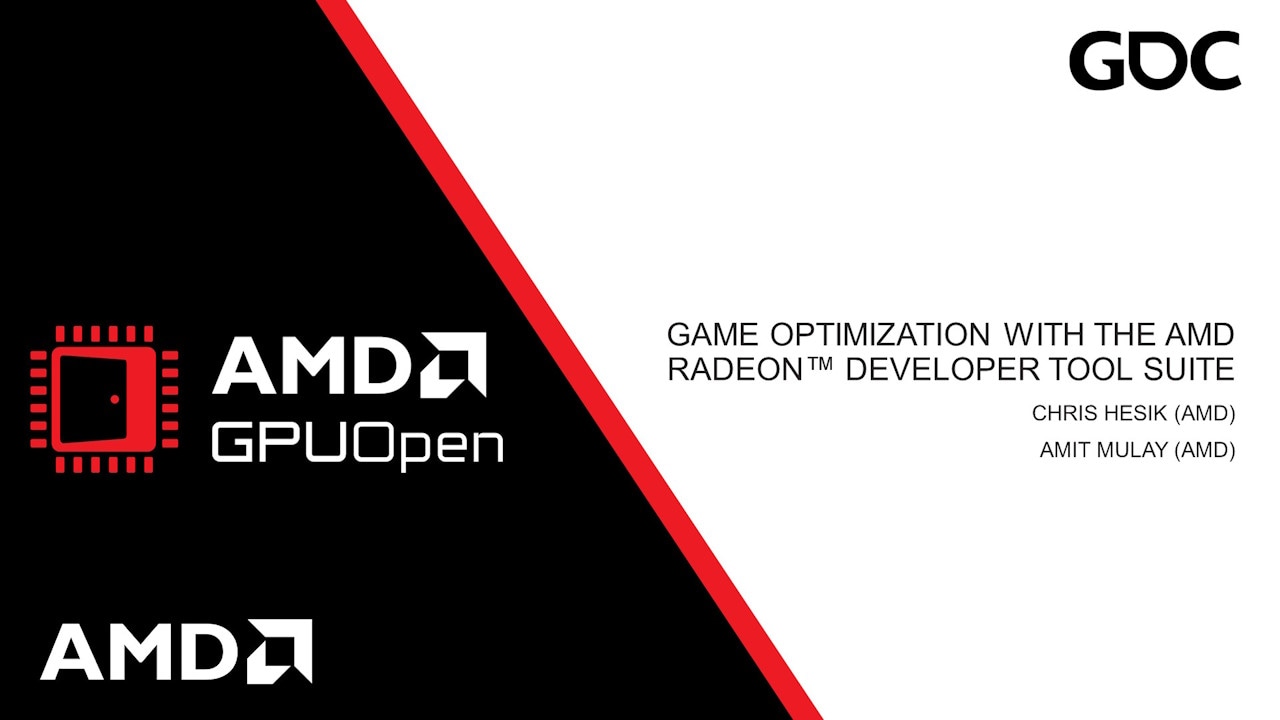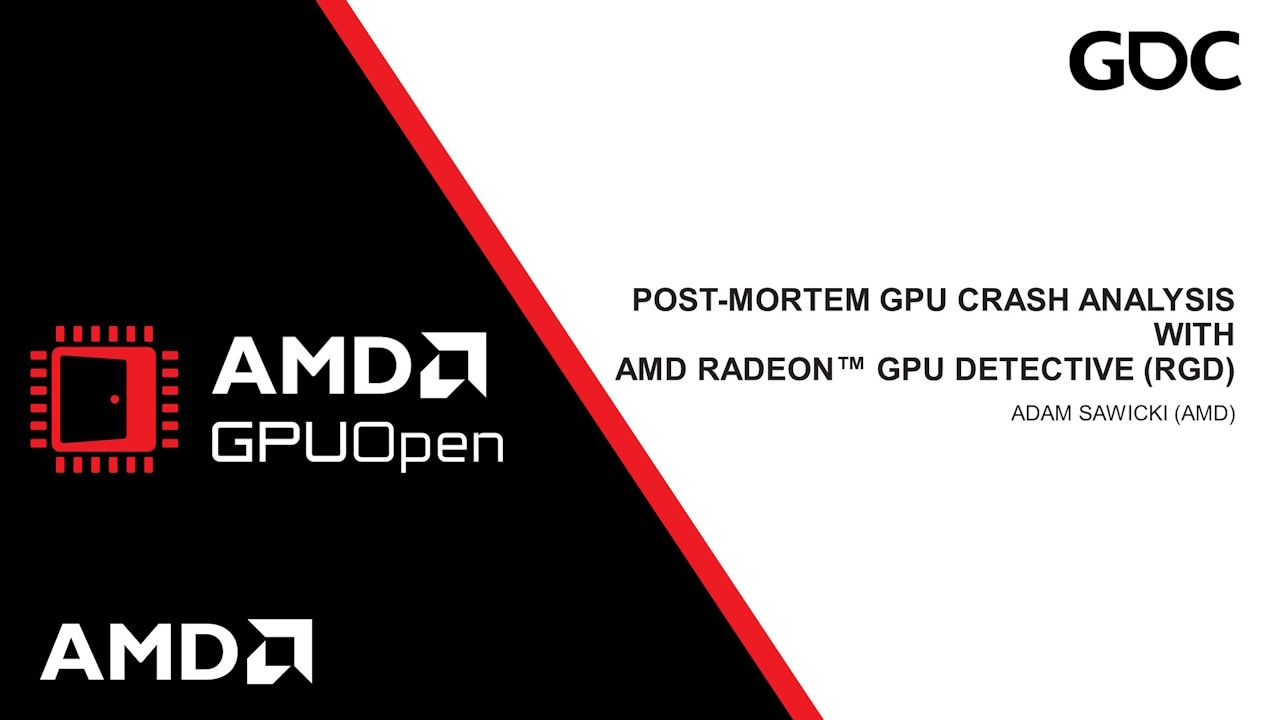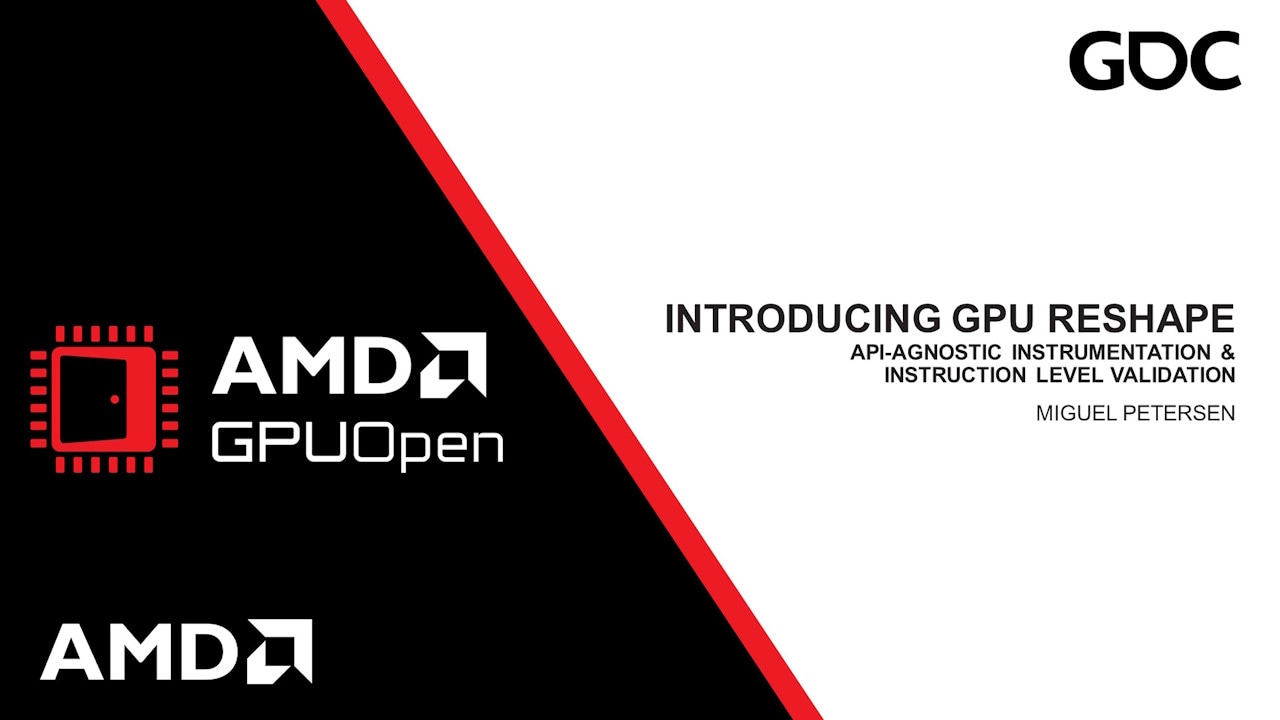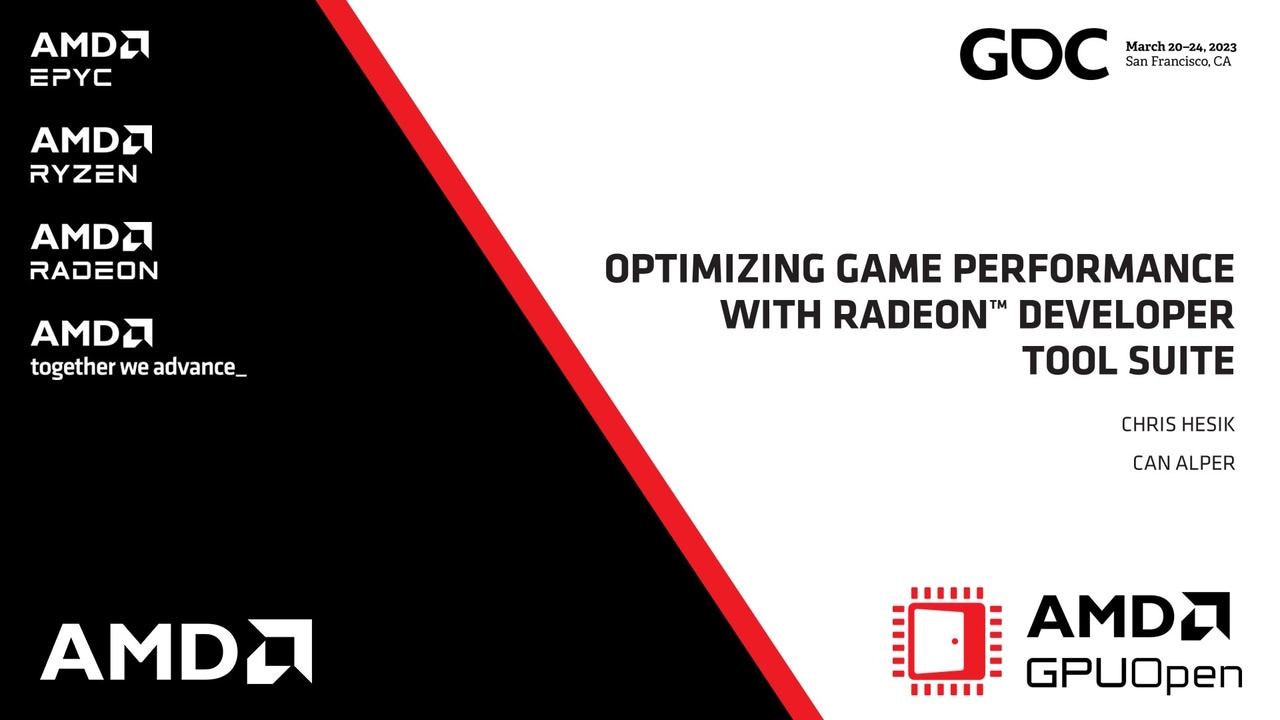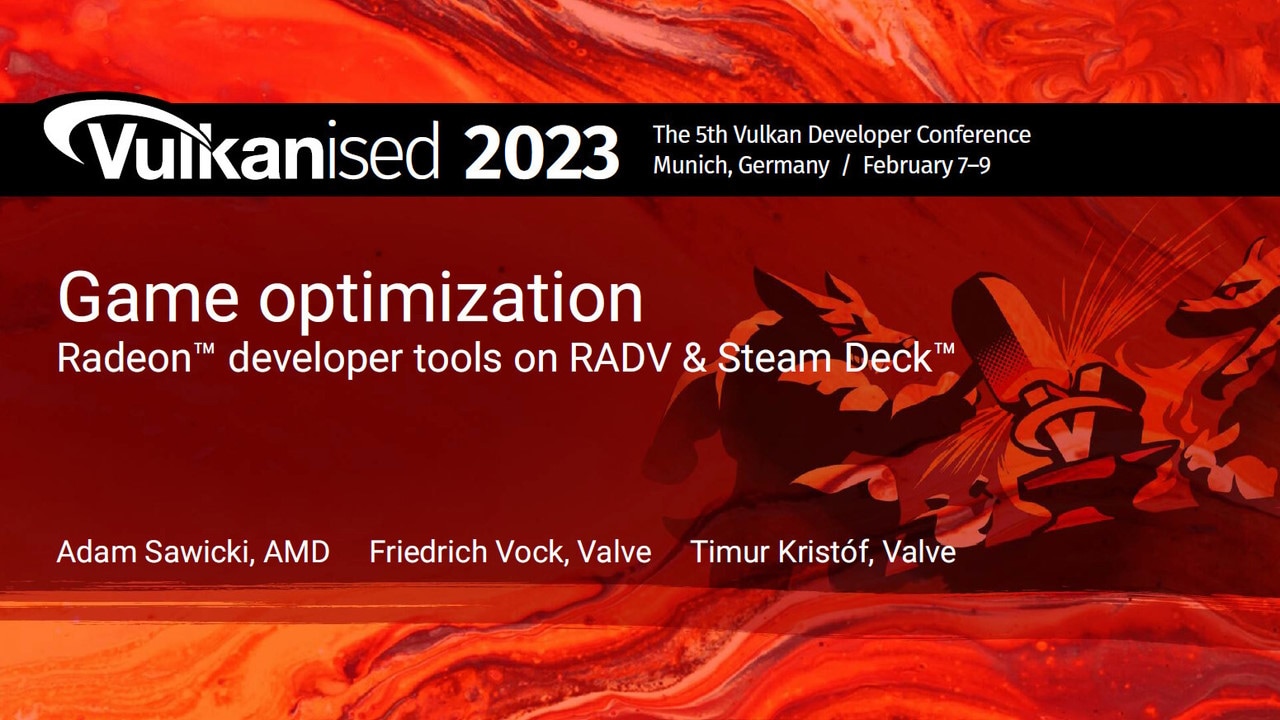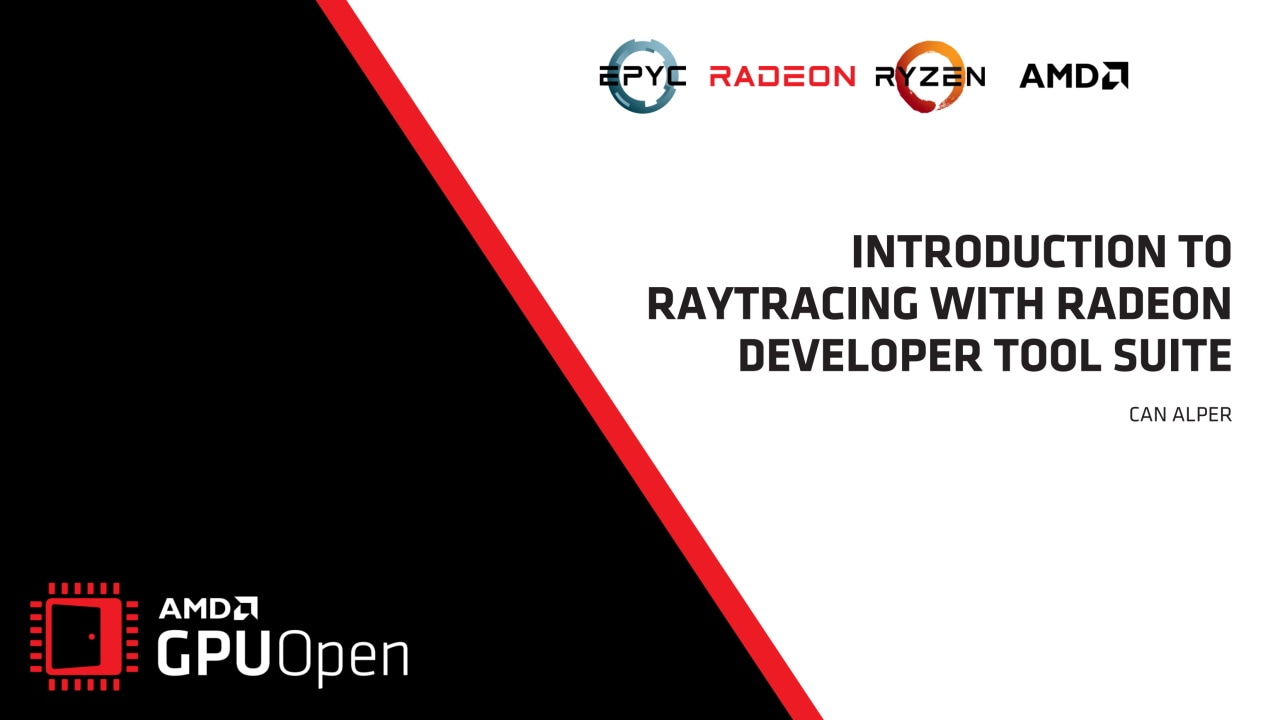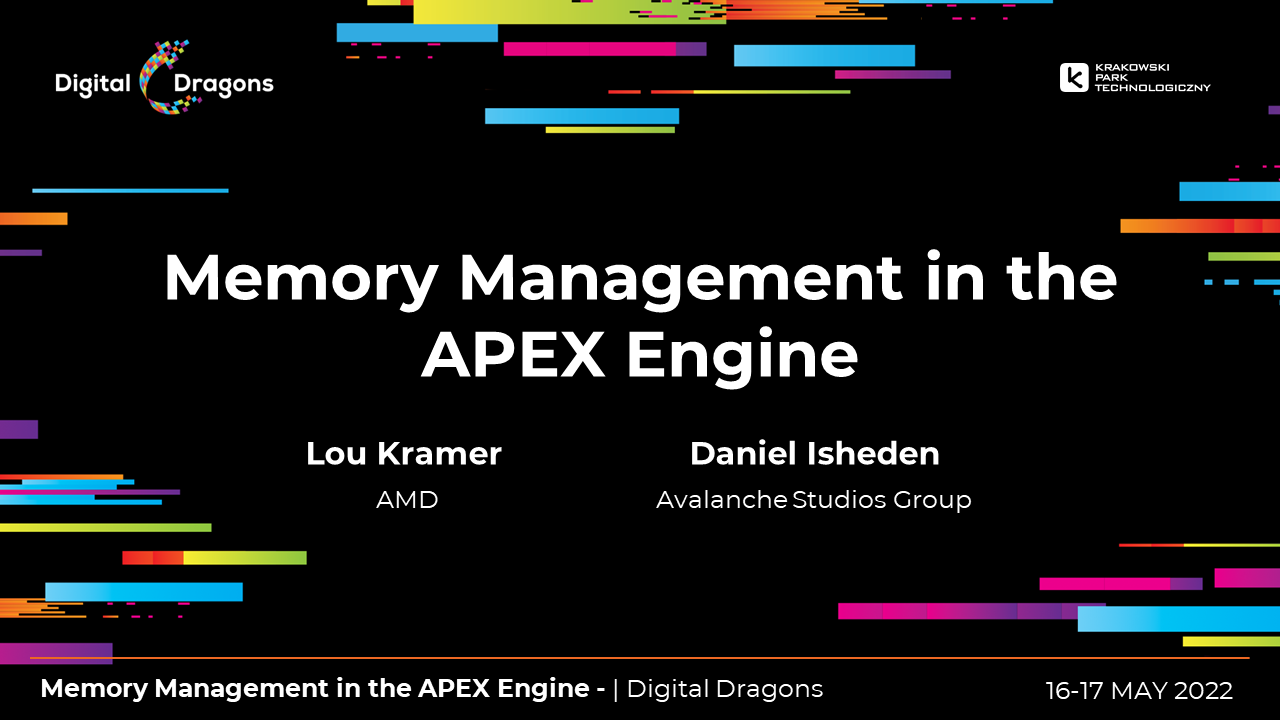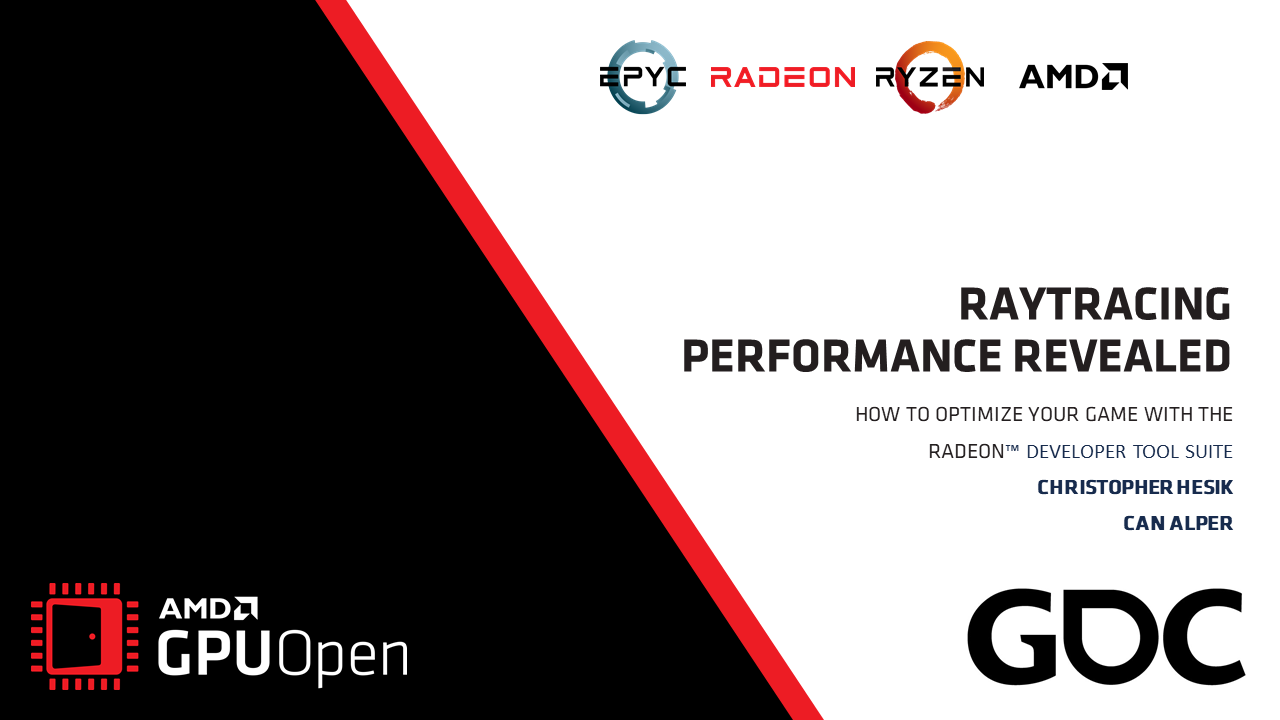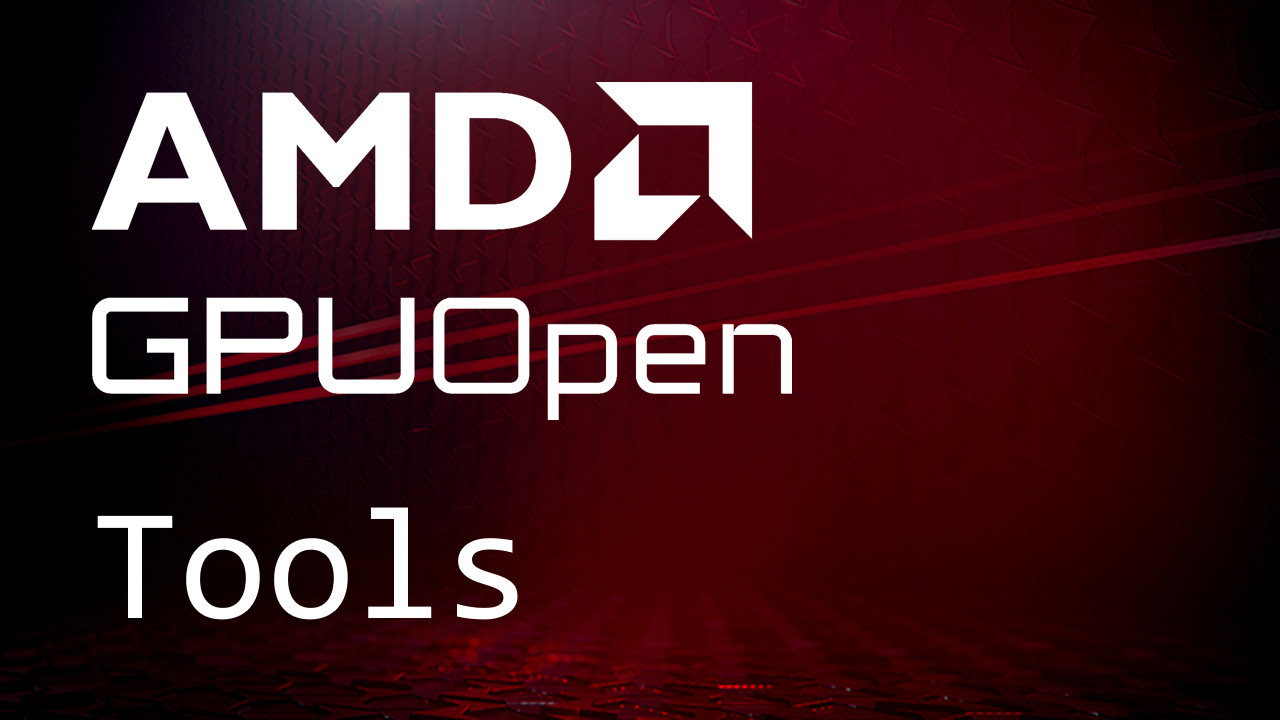

Introducing the Radeon™ Developer Tool Suite
To simplify getting hold of our developer tools, we are now distributing the complete collection of core Radeon™ developer tools in a single, convenient package, which we are calling the Radeon™ Developer Tool Suite.
Download Radeon Developer Tool Suite (Windows® 10)Download Radeon Developer Tool Suite (Linux)Fear not, we are not doing any integration into a monolithic, mega-tool (or anything remotely like it). The benefit of this change is that it will allow us to better ensure that the entire suite of developer tools work brilliantly together, as they will always ship as a collection used together.

The Radeon™ Developer Tool Suite contains the following tools:
Note: This post is dated November 2020 – but the links above will give you info on the latest versions!
Here’s a brief rundown of the new additions to each individual member of the Radeon™ Developer Tool Suite:
Radeon™ GPU Profiler (RGP) v1.9 adds support for AMD Radeon™ RX 6000 Series graphics cards, bringing with it DirectX® Raytracing support. There’s also reduced overhead and memory usage when collecting instruction timing data, and improved performance when loading and navigating in the instruction timing pane.
Learn more about Radeon™ GPU Profiler v1.9’s support for the Radeon RX 6000 series GPUs.
Radeon™ Memory Visualizer (RMV) v1.1 now has support for showing aliased resources in the allocation overview and allocation explorer panes, and reworking of the resource “Filter by size” slider throughout so that the resources are more evenly distributed. Empty tables show a graphical indication and description as to why the table is empty, and there’s also a “Color by commit type” coloring mode. You’ll also find a search box and filter by allocation size to the allocation table in the allocation explorer pane, and a “Show unmapped resource memory in residency” donut in the resource details pane.
Radeon™ GPU Analyzer (RGA) v2.4 has also added support for AMD Radeon™ RX 6000 series, in DirectX®12, DirectX®11, Vulkan®, Vulkan-Offline, OpenGL® and OpenCL™ modes. There is also support for Navi12 (gfx1011) and Renoir (gfx909) as targets in DirectX®12, DirectX®11, Vulkan®, Vulkan®-offline and OpenGL® modes.
We’ve not stopped there…
It’s not just the Radeon Developer Tool Suite tools that we’ve been working on. We’ve also updated several of our other tools and SDKs:
Radeon ProRender v2.0 is now out of beta! There is now support for hardware-accelerated ray tracing when used with AMD Radeon RX 6000 Series graphics cards, an improved rendering algorithm and CPU+GPU rendering performance, out-of-core support for heavy geometry, a new flexible shader node system, and support for MaterialX.
Read more about hardware ray tracing in Radeon ProRender v2.0.
Compressonator v4.1 offers SNORM support for BC4 and BC5, MIP map filter support using either GPU or CPU, GPU-based compression and MIP map generation, PSNR display feature for GUI image views, KTX2 file support, and CSV file update to support automation.
GPU Performance API (GPUPerfAPI) v3.7 adds support for AMD Radeon RX 6000 series GPUs, including new raytracing counters for DXR workloads. For AMD Radeon™ RX 5000 series GPUs, there are new scalar and instruction cache counters.
AMD GPU Services Library (AGS) v6.0 is a significant step on from version 5.x and has a refactored interface that should make shimming the library easier. There are also some interesting features that the API exposes – these are a ray tracing hit token that can be used to optimize some ray tracing scenarios on RDNA2 hardware, additional shader intrinsics, detection for RDNA2 hardware, and detection for external GPUs.
Advanced Media Framework (AMF) v1.4.18.0 also, unsurprisingly, adds support for AMD Radeon RX 6000 series graphic cards. There’s also decode and color conversion support within DirectX12 pipeline, decode of VP9 and AV1 files on supported hardware, encode features to support importance maps, picture management, output timeout, statistics and throughput ceilings, updated samples, and more.
Our tools and SDKs are not the only things we’ve updated as part of the launch of the Radeon RX 6000 series graphics cards. We’ve also added three new FidelityFX effects, and made other updates to content around the website.
Find out more about our tools and SDKs

